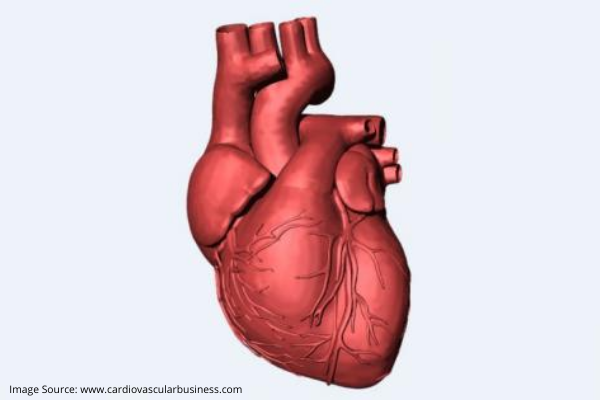

HOW TO PREPARE FOR AN ANGIOGRAM

Having to undergo any medical procedure creates varying degrees of anxiety in patients, and going through an angiogram is no less – especially as this procedure has something to do with delicate life-giving blood vessels.
Angiograms, angiography, and arteriograms are one and the same thing and refer to a procedure that’s used to outline blood vessels in various parts of the body. Some of the different types of angiograms include the cardiac cath (outlines arteries of the heart), carotid angiogram (arteries in the neck), renal angiograms (kidneys), aortic angiograms (chest and abdomen), leg or arm angiograms, etc. The procedure is carried out to check for blood flow and blockages due to plaque build-up or tumors, thereby interfering with blood flow to that part of the body.
In a few cases, angiogram is done on an emergency basis, but in most cases, there is enough time for the patient to prepare him or herself both mentally as well as physically for the procedure. During the angiography, an iodine dye is usually injected into the artery to help the doctor visualize blood flow through the body on an X-ray machine. If you are allergic to iodine or shellfish, you should let the doctor know so they can look at other options.
Angiograms are routinely carried out in the catheterization (cath) lab of the hospital; you will be given a set of instructions and guidelines to follow before the procedure.
You are supposed to avoid food or drink after midnight of the day before your procedure. Since most angiograms are carried out in the morning, this shouldn’t be a problem; however, if the procedure is scheduled late in the day, make sure you don’t take in anything 6-8 hours before.
Avoid taking any alcohol or tobacco 24 hours before the angiogram as it can alter results and cause other complications during the procedure. In case there is need of a sedative during the procedure, this would intensify the effects of the alcohol in the bloodstream.
Let your doctor know about all the medicines you take routinely, including supplements and herbal medications. He also needs to know if you are allergic to any medications too.
On the day of the angiography, you need to come to the hospital prepared for a surgery, even though it’s a simple one-hour procedure. A responsible adult needs to accompany you to help in your after-procedure care and to drive you home.
You will also need to remove your jewellery, hair clips, contact lenses and nail polish before the procedure. Just before going to the cath lab, remember to empty your bladder, as it may be a while before you can relieve yourself again.
You will be made to rest in the hospital for about 4-6 hours before discharge if no complications arise. A few days of bed rest at home after the procedure will help you to heal well and recover.














